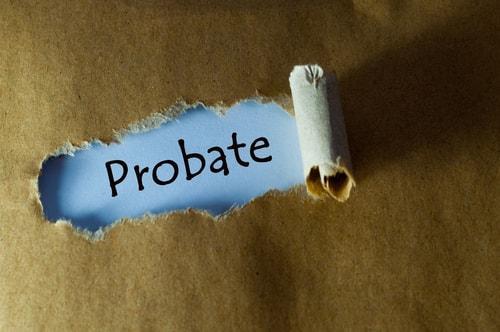Clarifying the Purpose of Probate
 The term “probate” refers to the legal proceedings which deal with a deceased person’s assets and debts. The probate courts are tasked with determining the validly of the decedent’s will, if he or she has one. If he or she did not have a will, the court will need to have much more involvement in the estate administration. There is a bit of confusion about probate, and many people are not sure what exactly it is. Read on to learn the answer to the most frequently asked questions regarding the probate process.
The term “probate” refers to the legal proceedings which deal with a deceased person’s assets and debts. The probate courts are tasked with determining the validly of the decedent’s will, if he or she has one. If he or she did not have a will, the court will need to have much more involvement in the estate administration. There is a bit of confusion about probate, and many people are not sure what exactly it is. Read on to learn the answer to the most frequently asked questions regarding the probate process.
What Happens During Probate?
There are several things which typically happen during probate. If the decedent had created a will before he or she died, the judge will verify that it is a valid will. A will can be invalidated or thrown out if it is not signed by the testator (deceased person) and at least two witnesses, was forged, or if the testator created the will under undue influence. A will can also be invalidated if a newer will is discovered. Next, the judge will appoint an executor responsible for managing the estate. If the decedent had a will, the judge will appoint the individual named in the will. If there is no valid will, the judge will often appoint the next of kin as the executor. The executor is responsible for paying the deceased person’s final bills, notifying creditors of the decedent’s death, filing income taxes on behalf of the decedent, distributing assets to heirs according to the will, and more.
Can I Avoid Probate?
When a person dies without a will, a probate court will determine how the decedent’s assets and debts are managed and distributed. If a person dies with a will, the probate process is still required, but the court is simply verifying the validity of the will. Because probate can be time-consuming and expensive, many people try to avoid it. One way to avoid probate is to have an estate planning tool in place which does not have to go through probate. Trusts such as a revocable living trust, irrevocable trust, or dynasty trust still allow a person to dictate how their assets and debts will be managed after their death but do not require probate.
Experienced Probate Attorneys
The skilled Lombard estate planning lawyers at A. Traub & Associates offer effective legal advice regarding wills, trusts, and other aspects of estate planning to clients in the Chicago area. Call 630-426-0196 to schedule a confidential consultation at one of our two convenient locations today.
Sources:
https://www.thebalance.com/what-is-probate-3505244
https://www.americanbar.org/groups/real_property_trust_estate/resources/estate_planning/the_probate_process.html












